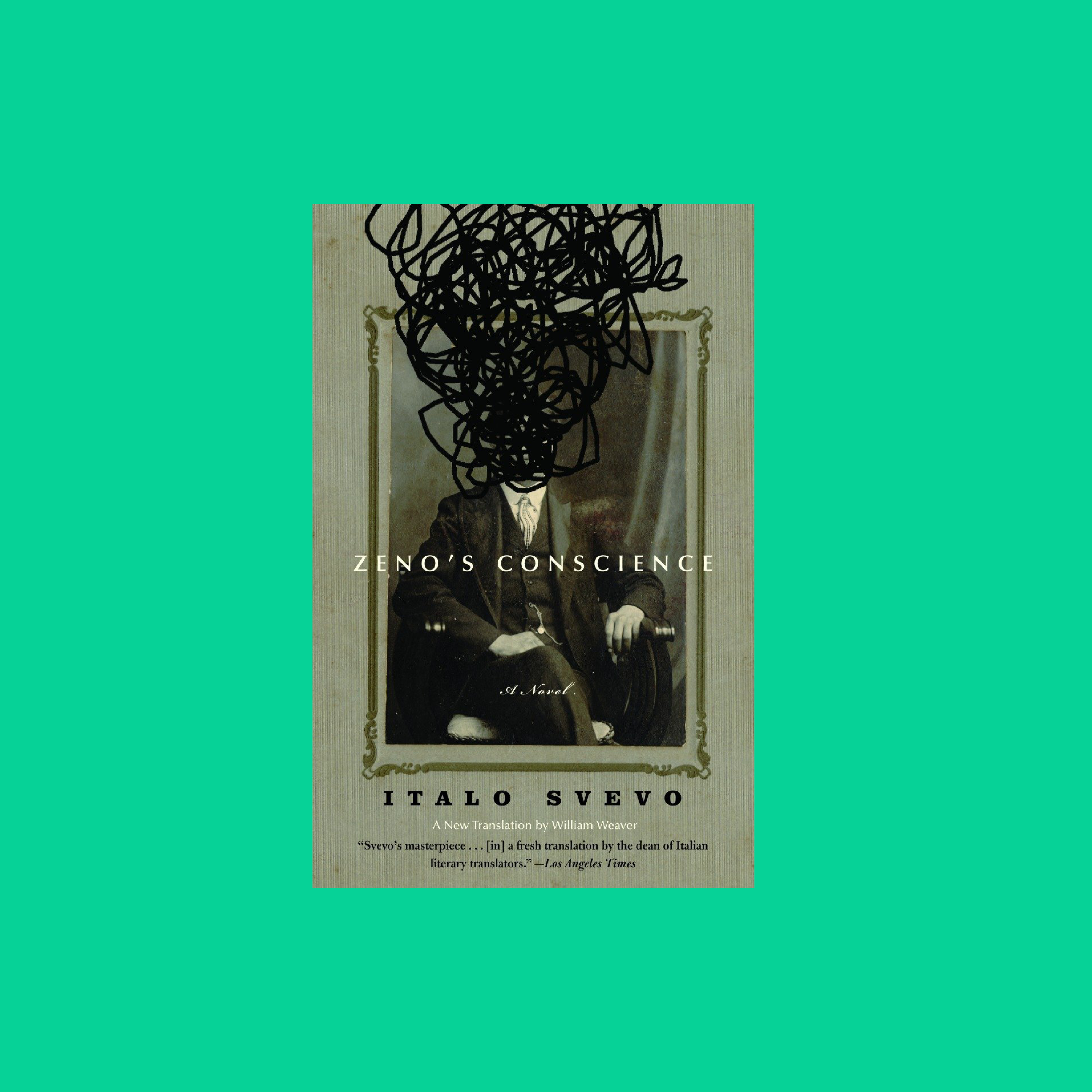APS TOGETHER
Day 9
Zeno’s Conscience by Italo Svevop. 162—p. 185 (“I had found something more than a mere pretext for doing what it was my desire to do.”)
September 21, 2022 by Claire Messud
Zeno, having upset Augusta on their honeymoon by imagining his possible death from gangrene (!), observes that “health doesn’t analyze itself, nor does it look at itself in the mirror. Only we sick people know something about ourselves.” Self-consciousness and illness are inseparable— or, to put it another way, philosophy is neurosis.
In married life, Zeno finds the pleasure of ordered time: “I adhered to the strictest schedule” with “excellent results.” In this spirit, he went to work, with the hypochondriac’s belief that “obviously those who have less time for sickness are less sick.”
Enrico Copler and Giovanni, both genuinely sick, scoff at Zeno, described by Augusta as “an imaginary sick man”—“a ridiculous monstrosity,” says Copler “in a virile fashion,” for whom “there are no medicines”—whereas the “really ill” can be cured. Poor Zeno is emasculated even in his illness.
When he meets Carla Gerco, Zeno is struck by the “musical quality in her voice when she spoke”; but when she sings—although he longs to admire her—she has no talent. Once again, he has tried to project onto her what he desires—“How beautiful it would have been to behold her clad in genius!”—but reality will perforce intrude.
